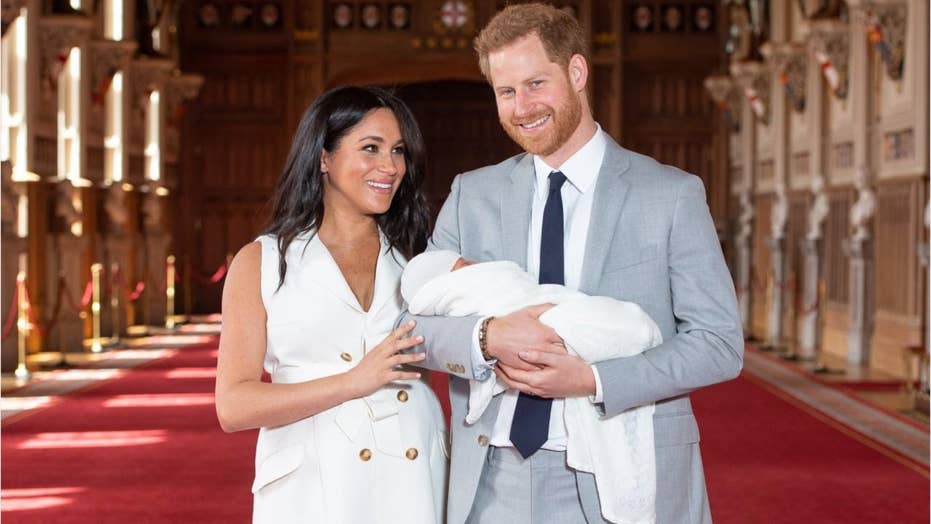 Say what? Yes, you read correctly. Baby Archie (or Baby Sussex, as the media has affectionately named him), the newest British royal family member, is likely subject to America’s far-reaching tax system.
Say what? Yes, you read correctly. Baby Archie (or Baby Sussex, as the media has affectionately named him), the newest British royal family member, is likely subject to America’s far-reaching tax system.
In May last year, we previously wrote about how Meghan Markle, the then-newly titled Duchess of Sussex, would likely receive an unwanted wedding gift of serious tax problems due to her American citizenship. And while the royal family has stated that Markle would become a British citizen after marriage, we noted that this process could take five years after she obtained a family visa. (This coming Sunday will only make a year since the royal wedding.)
This meant that Markle would have to continue complying with her U.S. tax obligations—even if she were to continue to maintain a dual citizenship status. And further thanks to FATCA, the Foreign Account Tax Compliance Act, which requires the reporting of foreign financial assets from both the U.S. citizen and foreign banks and governments, the financial details of the royal family—which has managed to remain private all these years—could be revealed, even if Markle were to file separately from her husband, Prince Harry.
All of this boils down to the fact that the United States is one of the only countries that taxes individuals based on citizenship—not residency. Further, the IRS requires reporting of worldwide income—not just income generated within the United States.
So how does this apply to ten-day old Baby Archie? Well, a child born abroad to a U.S. citizen mother automatically acquires citizenship if the mother was physically present in the United States for five years prior to the birth, at least two of which were after the age of 14. And since Markle has yet to renounce her American citizenship, which is unlikely to happen in the near future, Baby Sussex will continue to be caught in the web of U.S. taxes—at least until the age of 16, the earliest age in which the U.S. observes a minor to have capacity to renounce citizenship.
Now, had Baby Sussex been born to a commoner of modest means, he would not have to worry about filing taxes until adulthood, like most children. Unfortunately for children like him (e.g. children born to royal families or of ultra-high-net worth parents), compliance with U.S. tax obligations, including FATCA, is a concern as a child.
Among these unusual concerns is the likelihood that Baby Sussex will be hit with the kiddie tax—and almost immediately so. The kiddie tax is a tax on a child’s investment and other unearned income, like interest and dividends, if the unearned income is in excess of $2,200 a year. It is likely that much of the royal family’s assets is held and passed down in trust. As a royal heir, Baby Sussex is inevitably set to inherit some of those royal assets, which are likely well above the $2,200 threshold, as early as now. And, if not now as a child but as an adult, he will have to file a Form 3520, disclosing distributions from his U.K. trusts and foreign gifts—even if he never steps foot in the United States.
Renunciation of American citizenship is an option—but only for Markle as of right now. But even then, this comes at a costly expense.
And unfortunately for us (but luckily for the royal family), we will never know exactly how much the Sussexes will pay so long as mother and son remain American citizens, as U.S. tax returns are confidential.




